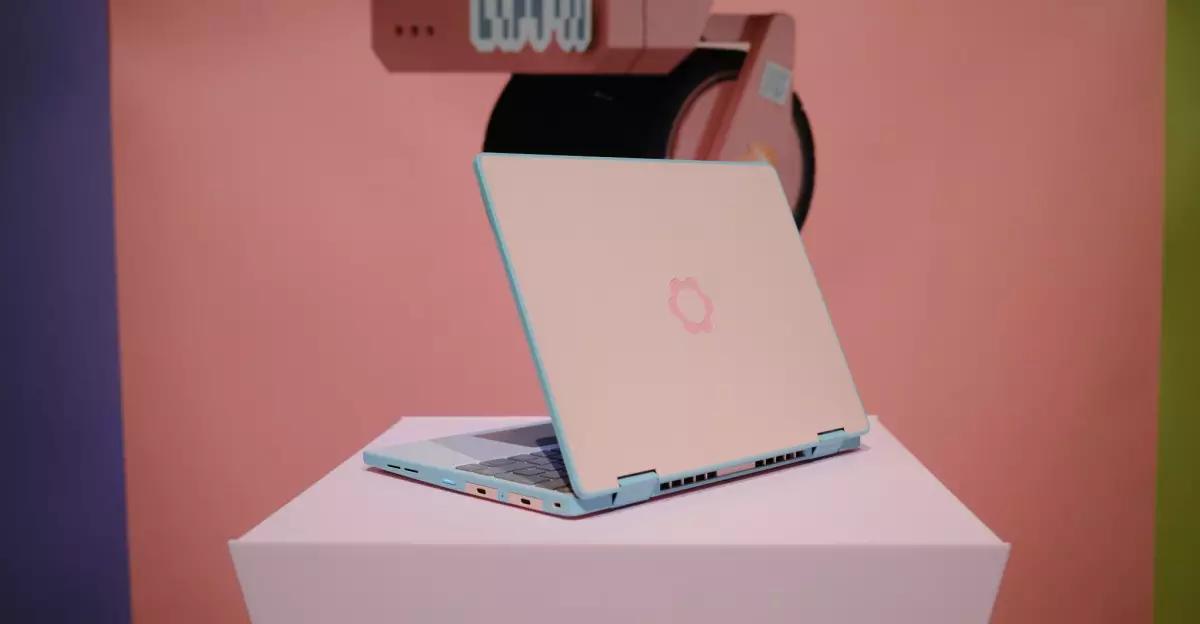Framework, a trailblazer in modular, repairable laptops, has announced a significant shift in its launch strategy for its latest product, the Laptop 12. By pausing U.S. preorders as it grapples with the fallout from Trump’s tariffs, the company illustrates a critical flexibility in the tech market. This decision indicates not merely a setback but a reflective adjustment aimed at maintaining the balance between profitability and consumer accessibility. The challenge presented by a 32 percent tariff on products manufactured in Taiwan serves as a glaring reminder of the ever-evolving landscape of international trade.
With the Laptop 12, Framework seeks to provide an entry-level solution that aligns with its core philosophy—innovation doesn’t have to come at an exorbitant price. The strategic decision to delay further announcements regarding U.S. sales reflects an acute awareness of the realities businesses face in a tumultuous economic climate.
Specs that Reflect Innovation and Style
The Laptop 12 is a testament to Framework’s commitment to redefine the conventional laptop experience. Boasting a 13th Gen Intel Core i3 or i5 processor, a 1920×1200 touchscreen equipped for stylus input, and an impressive configuration opportunity of up to 48GB of RAM and 2TB of storage, this model exemplifies a blend of cutting-edge technology and user-centered design. Notably, this departure into the convertible touchscreen territory signifies a broader ambition to cater to diverse user needs, from casual users to creative professionals.
Moreover, the aesthetics of the Laptop 12, available in playful pastel pink and mint finishes, inject a much-needed vibrancy into the often-staid laptop market. This color palette not only attracts attention but also highlights the company’s ethos of personalization and self-expression for its users.
Forward-Thinking Manufacturing: A Lesson in Responsibility
In addressing its stance on tariffs, Framework demonstrates a profound sense of responsibility not only toward its customers but also toward the broader economic and environmental implications of production. By maintaining an undecided firmness on price adjustments until all options are explored, Framework showcases an admirable commitment to its customers’ interests. This prudent approach is refreshing, particularly in an industry where quick profit often undermines long-term relationships with consumers.
The company’s indication that it is prioritizing “the most reversible changes” aligns with an ethical business model that many tech companies could learn from. The thoughtful consideration of these tariffs underscores the vital need for businesses to remain agile and creative in their strategies as they confront complex global challenges.
So while the pause in U.S. sales may be seen as a setback, it should also be viewed as a moment of introspection and adaptability that may ultimately fortify Framework’s position in the market. The future of technology lies not solely in cutting-edge specs but in agility, approachability, and trustworthiness. Framework is poised to remain at the forefront of this insightful evolution, aligning innovation with a conscientious business strategy.

